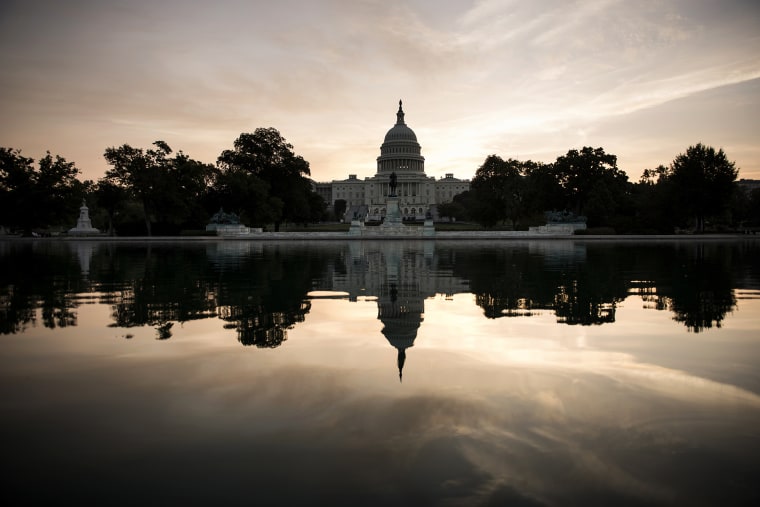Today is the day. The Senate Intelligence Committee spent years studying the details of the Bush/Cheney administration's torture policies, and today, following extensive bureaucratic wrangling, the panel's report will be released to the public.
The right
is outraged, not by the alleged misdeeds, but by the willingness to, in effect, acknowledge and confess to those misdeeds.
On the eve of a long-awaited Senate report on the use of torture by the United States government -- a detailed account that will shed an unsparing light on the Central Intelligence Agency's darkest practices after the September 2001 terrorist attacks -- the Obama administration and its Republican critics clashed on Monday over the wisdom of making it public, and the risk that it will set off a backlash overseas. [...] [S]ome leading Republican lawmakers have warned against releasing the report, saying that domestic and foreign intelligence reports indicate that a detailed account of the brutal interrogation methods used by the C.I.A. during the George W. Bush administration could incite unrest and violence, even resulting in the deaths of Americans.
I suppose at a certain level, I can appreciate why the right's argument may seem compelling: telling the truth about U.S. actions may inflame anti-American passions, enraging our enemies. It's therefore better, the argument goes, to quietly bury the truth in the name of public safety -- if people don't know the scope and scale of what the Bush/Cheney administration did, maybe we won't have to deal with the consequences.
The problem, of course, is that this argument is completely wrong. Indeed, when you're certain that documenting our actions is much worse than the actions themselves, your moral compass needs an adjustment.
Even the Republican premise shouldn't be accepted at face value. We don't know for certain, for example, that telling the truth about the Bush/Cheney torture policies will lead to a new round of violence.
Besides, the last time I checked, those who would do us harm weren't waiting for the results of a committee investigation before going on the offensive.
But even putting that aside, it's the root principle that deserves attention: the argument for hiding the truth is predicated on the belief that our actions should not have consequences. Those outraged by the release of the facts are suggesting that there should be no cost for crossing moral and legal lines.
For Republicans, all this talk about principles and ideals is nice, but it doesn't outweigh the practical realities: if exposing the facts may cost lives, it's just not worth it. As Kevin Drum
explained very well, this is a short-sided view that arguably gets the story backwards -- releasing the report will bolster, not undermine, our safety.
[A]ll it will take for torture to become official policy yet again is (a) secrecy and (b) another horrific attack that can be exploited by whoever happens to be in power at the moment. And while there may not be a lot we can about (b), we can at least try to force the public to recognize the full nature of the brutality that we descended to after 9/11. That might lower the odds a little bit, and that's why this report needs to be released. It's not just because it would be the right thing to do. It's because, in the long run, if it really does reduce the chances of America adopting a policy of mass torture again in the future, it will save American lives.
When a nation makes a mistake, it has a responsibility to understand what went wrong and to take steps to prevent similar mistakes in the future. Today is about taking a necessary step in a just direction.
